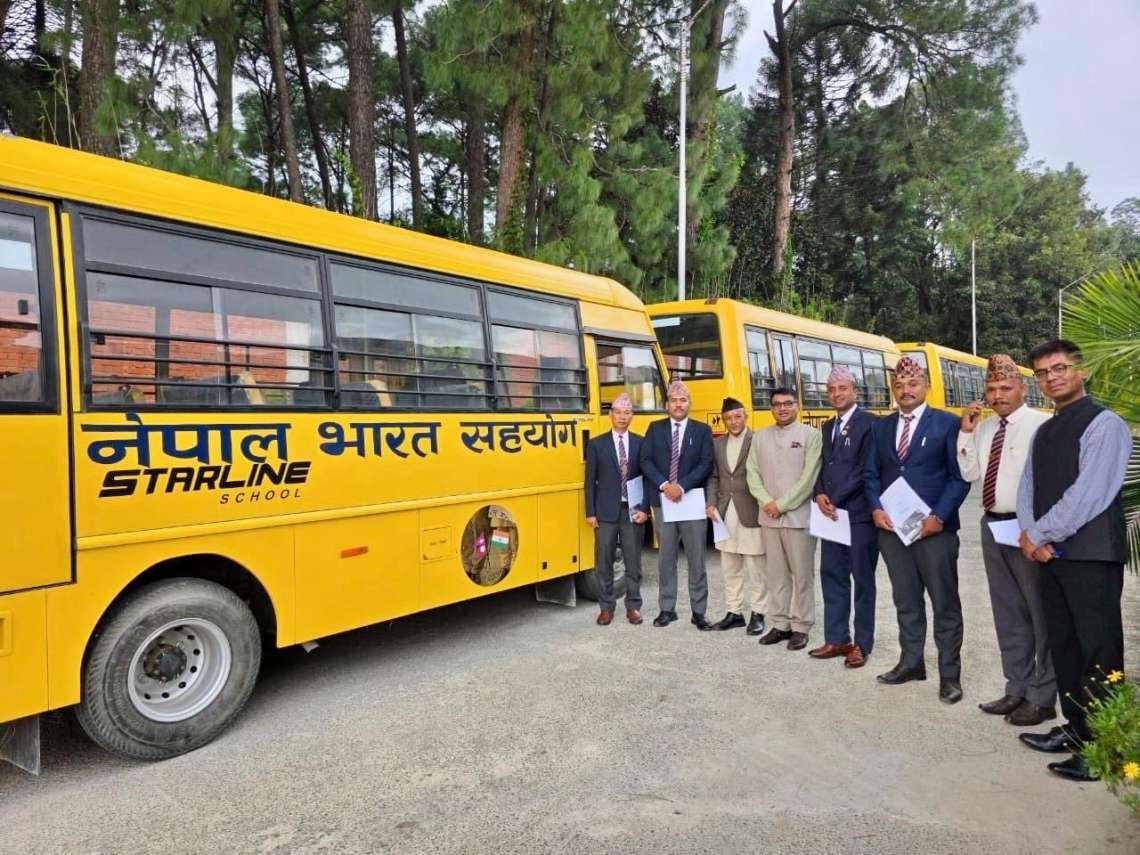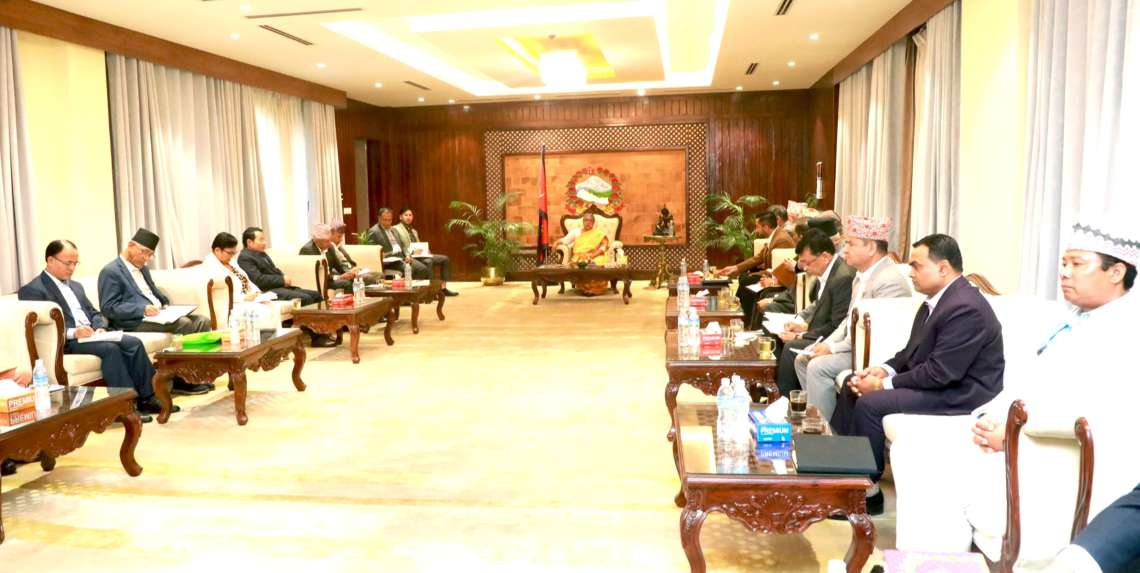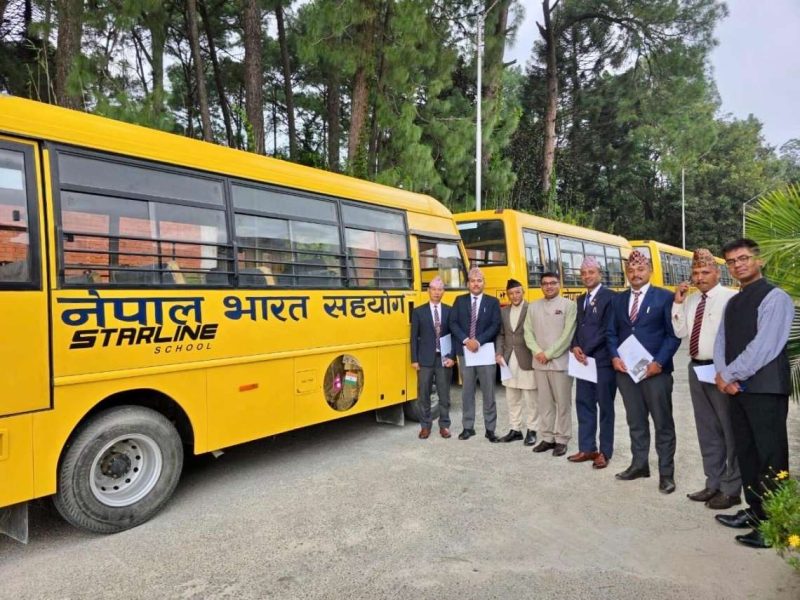The concerned authority said that, among the Indian companies it has prohibited, some are already registered and some are new…reports Asian Lite News
Nepal’s Department of Drug Administration has published a list of 16 Indian pharmaceutical companies, including Divya Pharmacy that manufactures Yoga guru Ramdev’s Patanjali products, that failed to comply with the World Health Organization’s (WHO) good manufacturing practices.
Publication of the list by the department, the national regulatory body of the drugs markets, both allopathic and ayurveda, means that medicines manufactured by those companies cannot be imported to Nepal, according to the Kathmandu Post daily.
“After inspection of the manufacturing facilities of the pharmaceutical companies, which had applied to export their products to our country, we have published the list of the companies that do not comply with the WHO’s good manufacturing practices,” said Santosh KC, a Department spokesperson.
Good manufacturing practice is a system of ensuring that products are constantly produced and controlled according to the set quality standards, said the news report, it is designed to minimise the risks involved in any pharmaceutical production that cannot be eliminated through testing the final product.
In April and July, the Department had sent a team of drug inspectors to India to probe the manufacturing facilities of pharmaceutical companies that had applied to supply their products to Nepal.
Besides Divya Pharmacy, the list also names Radiant Parenterals Ltd., Mercury Laboratories Ltd., Alliance Biotech, Captab Biotec, Aglowmed Limited, Zee Laboratories Ltd, Daffodils Pharmaceuticals Ltd, GLS pharma Limited, Unijules Life Science Ltd, Concept Pharmaceuticals Pvt, Shree Anand Life Sciences Ltd, IPCA laboratories Ltd, Cadila Healthcare Ltd, Dial Pharmaceuticals, Aglowmed Limited and Mackur laboratories Ltd.
The Department said that, among the Indian companies it has prohibited, some are already registered and some are new.
Products of some companies do not comply with the regulatory requirements and some companies do not comply with good manufacturing practices. Among them, some companies’ products are used in critical care, dental cartridges and also vaccines.
The dSpartment has also published a list of 46 drug manufacturing companies, which are found to comply with the WHO’s good manufacturing practices.
Inspecting good manufacturing practices of pharmaceutical companies, both national and foreign, is a regular duty of the Department.
A few months ago, the Department had alerted drug inspectors to step up surveillance to prevent the import and sales of cough syrups manufactured by an Indian pharmaceutical company after scores of children in Gambia died of kidney failure upon allegedly consuming the syrups.
The move followed a global alert by the World Health Organisation about four cough syrups that could have links to the deaths of the children in July, August, and September in the West African country.














